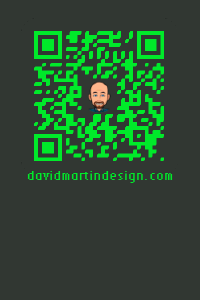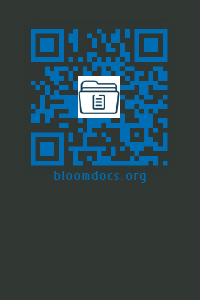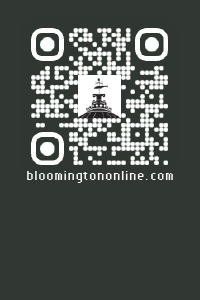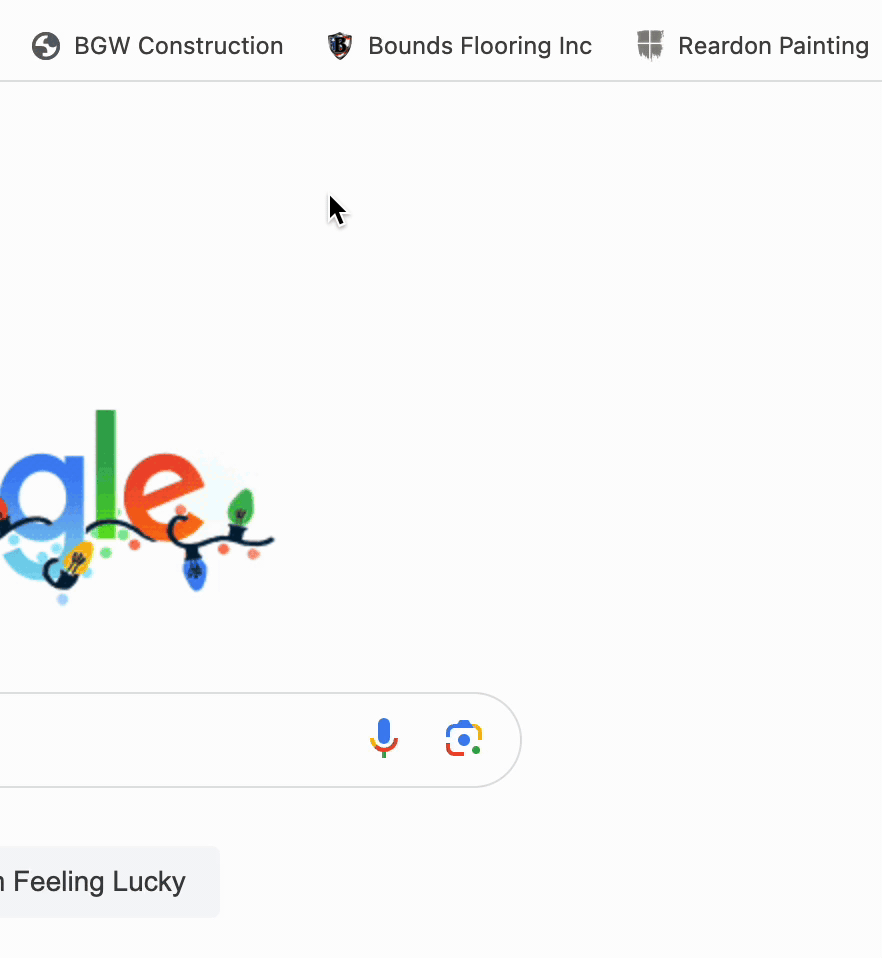In the past, people used to jot down the website address if they found it on a poster in a business storefront. While one could look up a business or event, this approach leaves much to be desired; It’s a process to search online. Think about the number of steps involved in an average search:
- Navigate to and open your phone’s browser
- Tap on the search bar
- Type in the business or event
- Find their website on Google or Bing
- Go to the website
- Scan the homepage and navigation
- Locate and read the content you want
For somebody walking by an advertisement, event poster, or storefront, this is inconvenient and awkward at best. At worst, a potential customer or participant who’s too busy at the moment or not yet invested in your business or event could simply keep walking, or intend to look it up later but end up completely forgetting about your business.
Enter the QR Code
On the other hand, imagine a potential customer walking by a storefront and noticing an intriguing advertisement with a QR code displayed prominently. With their curiosity piqued, they quickly pull out their smartphone and effortlessly scan the code. The convenience, ease, and excitement of this seamless interaction leave the customer positively impressed, reaffirming their belief in the brand’s commitment to innovation and customer satisfaction. This is the power of QR codes: bridging the gap between the physical and digital realms.


A Brief History of the QR Code
The automotive parts manufacturing company Denso Wave created QR (short for Quick Response) codes in 1994 for inventory management. Inspired by black and white Go game pieces, QR codes have many advantages over traditional UPC barcodes. They have a much larger capacity – featuring up to 7000 characters compared to UPCs’ 20. QR codes are readable at any angle, even if they are partially damaged. They are also read 10x faster than traditional barcodes.

The Flexibility of QR Codes
QR codes have revolutionized the way businesses and event organizers connect with their audience, offering a seamless bridge between the physical and digital realms. With their flexibility and ease of use, QR codes have become invaluable tools for businesses and events to enhance customer experiences and streamline various operations.
Some ways QR codes are commonly used today include:
- Digital Menus: Many restaurants, cafes, and event venues are using QR codes to provide digital menus to customers. This reduces the need for physical menus and can be easily updated for different events.
- Contactless Payments: QR codes can facilitate mobile payment transactions at both retail businesses and event venues. Customers can scan the code to make payments, reducing the need for physical cash or cards.
- Product Information: Retail businesses and event vendors can use QR codes to provide detailed information about a product or event offerings. This is particularly useful for products or events with limited space to display information.
- Digital Business Cards: Instead of giving out business cards with a printed email or LinkedIn address, professionals and event organizers can share a QR code that reveals their contact information. This allows for seamless networking during events.
- Link to Reviews or Testimonials: Encourage customers and event attendees to leave reviews or read previous customer testimonials about your products or services. This can help build trust and credibility.
- Direct Customers to Your Social Media: Boost your online presence and engage with customers and event attendees by directing them to your social media platforms. This allows for ongoing communication and promotion.
- Promotions or Discounts: Offer promotions or discounts that are exclusively revealed when the customer or event attendee scans the QR code. This can incentivize purchases or attendance at events.
Check out these styled QR codes for some local Bloomington websites, created easily thanks to Styled QR Code Generator:



Things to Consider Before Making QR Codes
- Certain QR code generators produce short links that redirect to your website, instead of directly linking to it. Be aware that these services may disable your code a few weeks post-creation unless you subscribe, potentially leaving you with non-functional codes in your printed marketing materials.
- Be sure to make it clear why customers should scan the QR code and what they stand to gain from it. Failing to clearly explain the purpose or benefits of scanning the QR code can lead to confusion and disinterest from customers. A simple call-to-action, such as “Scan here for more information,” can help customers understand the purpose of the QR code.
- Position QR codes strategically so customers can easily spot and scan them. Avoid overusing QR codes to the point where their novelty wears off.
- Unless you’re looking to make a stylized QR, most of the time you don’t need any special generator platforms. Google Chrome lets you make direct QR codes on any page simply by right-clicking on the page and selecting “Create QR Code for this Page”:

- Other options for direct QR code generators that have more style options include:
Ending Thoughts
QR codes have emerged as powerful tools that bridge the gap between the physical and digital realms. They offer convenience and ease of use, making it effortless for potential customers to access information and engage with businesses and events. From providing digital menus to facilitating contactless payments, QR codes have revolutionized customer experiences and streamlined operations in various industries.
If you have any questions or concerns, we at David Martin Design are committed to offering the best possible service. We believe in fostering strong relationships with our clients by ensuring transparency, commitment, and a collaborative approach. Feel free to get in touch with us at any point. Your success is our top priority, and we look forward to hearing from you and helping you achieve your goals.

Leave a Reply